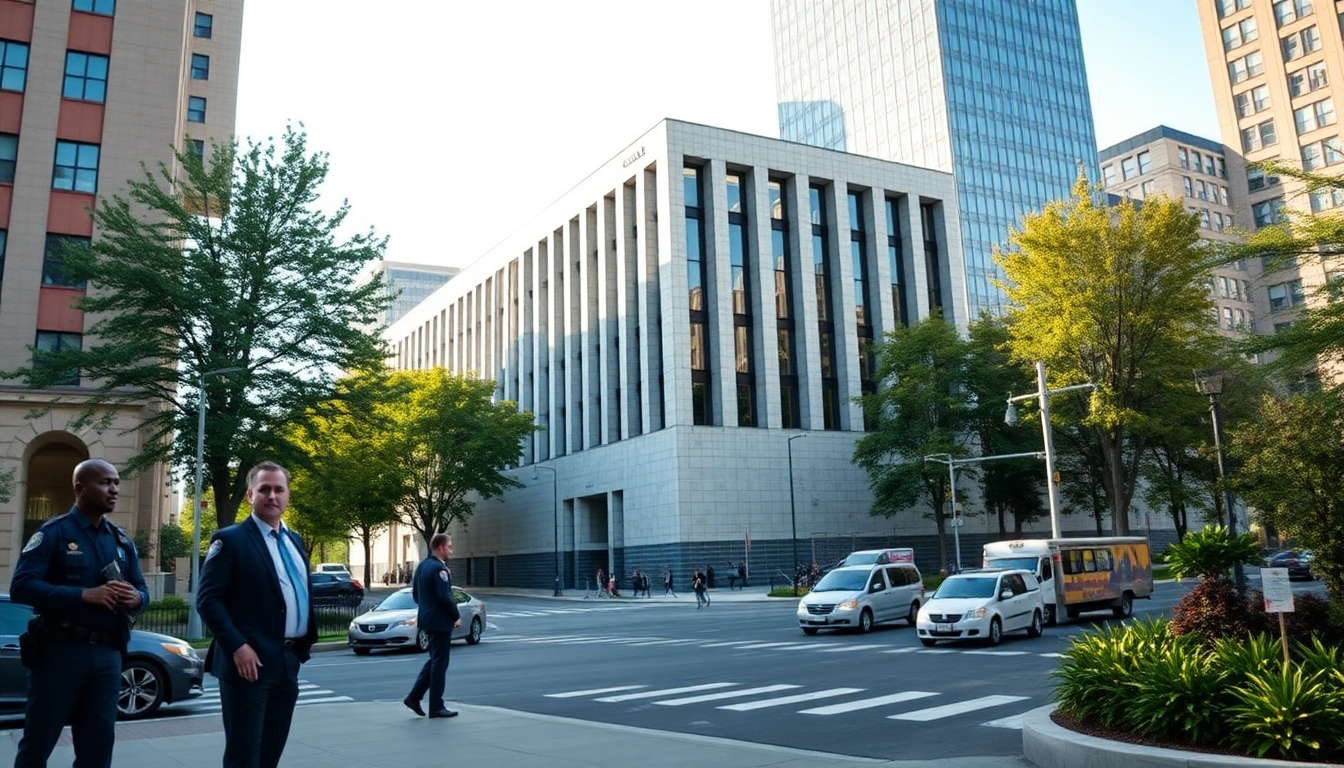Table of Contents
In recent weeks, Canadian intelligence officials have raised alarms about an individual suspected of trying to gather sensitive information for the intelligence services of the People’s Republic of China (PRC). This warning, confirmed by the Canadian Security Intelligence Service (CSIS), sheds light on the ongoing national security threats Canada faces. So, why should we care? It highlights the need for increased vigilance among federal departments and educational institutions in protecting privileged information.
Espionage Advisory Issued
A CSIS spokesperson confirmed that an espionage advisory has been sent out to various federal departments and universities, warning them about this individual’s intentions to access confidential Canadian information. This move is part of CSIS’s broader strategy to safeguard critical national interests from foreign espionage threats. But what does that mean for us? It means that our trusted institutions are under scrutiny and need to be proactive in protecting our data.
Eric Balsam, a representative from CSIS, emphasized the agency’s resolve to take necessary actions—like issuing advisories—to alert stakeholders about potential dangers to national security. The warning calls for extreme caution when interacting with this individual, advising recipients to avoid discussing sensitive subjects and to report any suspicious encounters to security officials. Are we really aware of who we engage with in our daily lives?
China’s Counter-Intelligence Threat
The PRC has emerged as Canada’s primary counter-intelligence threat, historically working to acquire research and technology from Western nations. A striking example is the case of Yuesheng Wang, an electric vehicle battery researcher arrested in 2022 for allegedly stealing trade secrets for China. His ongoing legal issues reveal the serious nature of these threats. How safe are we when it comes to economic espionage?
In 2021, more evidence of espionage activities came to light when a scientist at Winnipeg’s infectious disease laboratory and her spouse were dismissed due to concerns over sharing information with Chinese entities. These incidents stress the urgency for heightened security measures and awareness in sensitive sectors. Are we really prepared for such vulnerabilities in our institutions?
According to CSIS’s recent annual report, the PRC is actively trying to acquire Canadian knowledge in cutting-edge fields like artificial intelligence, quantum computing, biotechnology, and aerospace. This strategic interest aims to bolster China’s industrial and military capabilities, making Canada a key target for espionage attempts. Isn’t it unsettling to think that our innovations could be exploited?
Increasing Security Measures
In response to the rising threats from foreign actors, including Russia and China, CSIS has ramped up its security briefings for individuals working in the Canadian space sector. These initiatives are designed to raise awareness of the risks and to strengthen the sector against potential espionage and sabotage. How can we ensure the integrity of our national interests in such a complicated landscape?
Industry Minister Mélanie Joly’s recent decision to order the Chinese surveillance camera firm Hikvision to halt operations in Canada reflects the government’s commitment to protecting national security. The Hogue Commission has identified China as the most active perpetrator of foreign interference targeting Canada’s democratic institutions, highlighting the urgent need for robust protective measures. Are we really taking these threats seriously enough?
China’s advanced cyber capabilities present another significant challenge. CSIS reports that the PRC is increasingly leveraging social media and online platforms for disinformation campaigns, especially aimed at swaying elections. This multifaceted approach to espionage and interference calls for a coordinated response from Canadian authorities. How can we combat these deceptive tactics?
Looking Ahead
As Canada confronts these complex challenges, it’s crucial for government officials, businesses, and educational institutions to stay alert against espionage threats. The importance of safeguarding sensitive information cannot be overstated, given that the ramifications of such breaches extend beyond immediate security concerns, potentially impacting Canada’s economic prosperity and technological advancements. What steps can we take to protect our future?
In conclusion, as the landscape of espionage evolves, so too must Canada’s strategies for countering these threats. By prioritizing awareness and preparedness, the nation can effectively protect its valuable assets and maintain its position as a leader in global innovation. Will we rise to the challenge?


